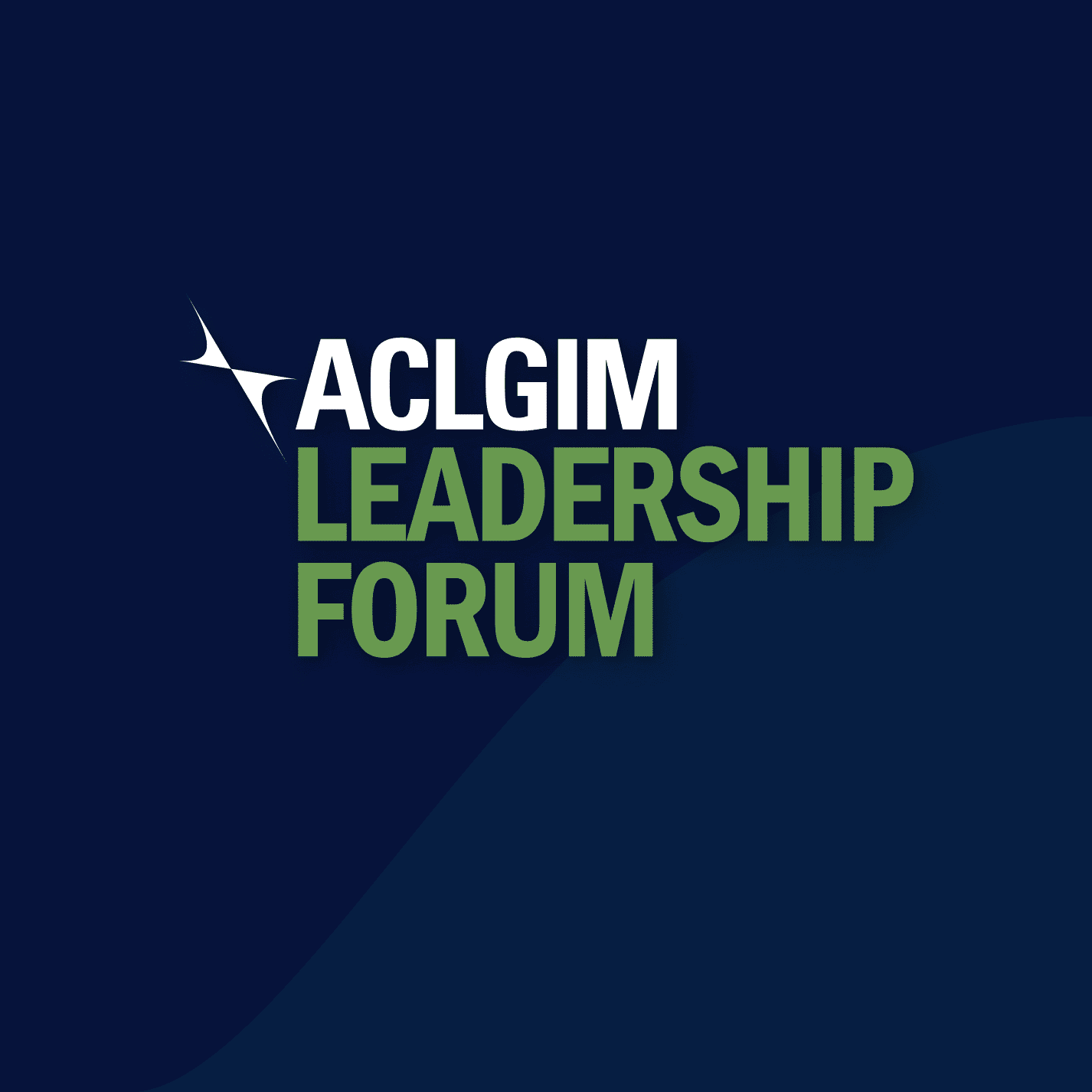Empathy is the practice of authentically working toward understanding another person’s experience through engaged curiosity. This practice has been shown to decrease bias, to improve patients’ outcomes, and to increase collective and individual wellness. A teachable and measurable skill, empathy is a core tenant for successful interpersonal relationships.
Leadership is about the collective—it requires an understanding of one’s position and power and an openness to others’ experiences and perspectives. At The Empathy Project, we propose broadening the definition of leadership to include the cornerstones of empathy: curiosity, vulnerability, and humility. These may seem like attributes a leader may want to repress. In fact, the opposite is true. What leads to better communication and stronger leadership?—dialing into the needs of others by asking questions, listening deeply, reflecting back what you’ve heard, and sharing your heart. Empathy builds connection and authentic connection is hard, not hard-wired. We are not born with empathy and cannot choose to be empathetic. Empathy is a learned skill and it is a cognitive skill that must be practiced and applied, like tying a knot. Practicing empathy builds muscle memory, which is necessary because when empathy is needed most is when it is hardest to access.
Research confirms that empathy reflects the following:
- Is a learned and measurable skill that can improve with education and practice making the best doctors even better1
- Empowers students to identify as life-long learners by embracing challenges, learning from feedback, aiming for mastery, and committing to a growth mindset
- Creates meaningful connections between students, colleagues, and care teams who rely on one another for their well-being
- Buoys physician wellness by increasing satisfaction with their work, decreasing stress, strengthening connection to patients and colleagues2
- Results in more favorable health outcomes by improving patient satisfaction and increasing adherence to treatment3
- Contributes to reducing bias by breaking down barriers created by social norms and stereotyping4
- Builds resilience in the presence of burnout and the recovery of trauma, magnified by the societal and personal impact of COVID.
In our workshop, The Empathy Project, in partnership with Narrative 4 (an organization whose goal is to create radical empathy) presented our innovative, narrative-based empathy curriculum, which can be implemented in person or virtually at home institutions.
Outcomes reflect the following:
- Understand empathy as a vital human competency that is mutable, measurable, and teachable
- Learn how employing empathy benefits the patient and the clinician
- Experience novel strategies for teaching empathy that use narrative
- Articulate how empathy training can be implemented in your work community
References
- Riess H. Empathetics. https://empathetics.com/.
- Wolfshohl JA, Bradley K, Bell C, et al. Association between empathy and burnout among emergency medicine physicians. J Clin Med Res. Jul 2019;11(7):532-538. doi:10.14740/jocmr3878.
- Zachariae R, Pedersen CG, Jensen AB, et al. Association of perceived physician communication style with patient satisfaction, distress, cancer-related self-efficacy, and perceived control over the disease. Br J Cancer. Mar 2003;88(5):658-65. doi:10.1038/sj.bjc.6600798.
- Schwartz BD, Horst A, Fisher JA, et al. Fostering empathy, implicit bias mitigation, and compassionate behavior in a medical humanities course. Intl J Environ Res Public Health. 03 2020;17(7). doi:10.3390/ijerph17072169.
Issue
Topic
ACLGIM, Leadership, Administration, & Career Planning, Medical Education, Research, Social Justice, Wellness
Author Descriptions
Ms. Minsky (maura.minsky@nyulangone.org) is the director of The Empathy Project at NYU Grossman School of Medicine; Dr. Gillespie (colleen.gillespie@nyulangone.org) is an associate professor in the Department of Medicine at NYU Grossman School of Medicine and the director of the Division of Education Quality; Dr. Adams (jennifer.adams@nyulangone.org) is an associate professor in the Department of Medicine at NYU Grossman School of Medicine and the chief of the Section of Empathy in the NYUGSoM, Institute for Innovations for Medical Education. Drs. Adams and Gillespie are members of SGIM.
Share
SGIM Workshop Doctors in Politics: Demystifying the Process of Running for and Serving in Elected Office for Physicians
Physicians positively influence the health of their patients and communities through work…
President’s Corner
December 14, 2020. A date to remember. That was the day the…


